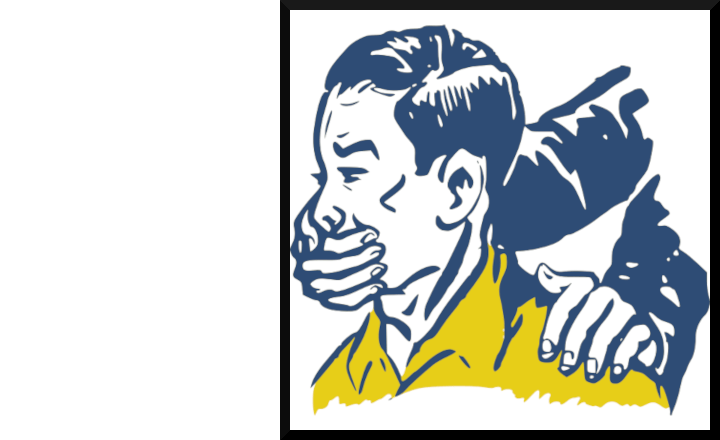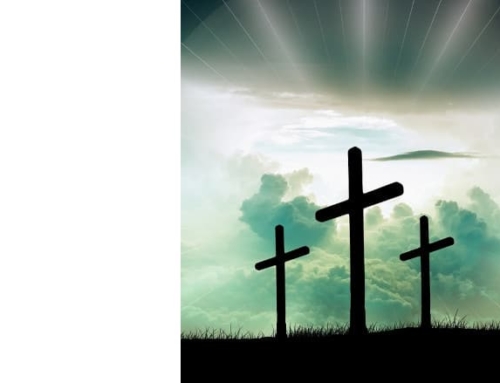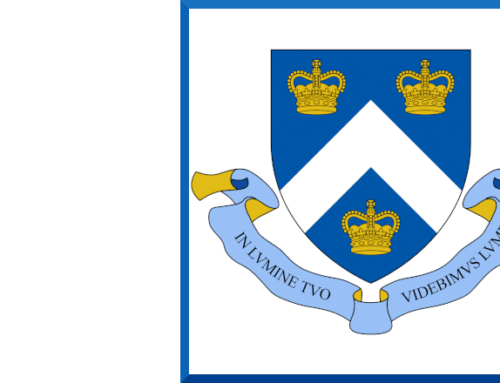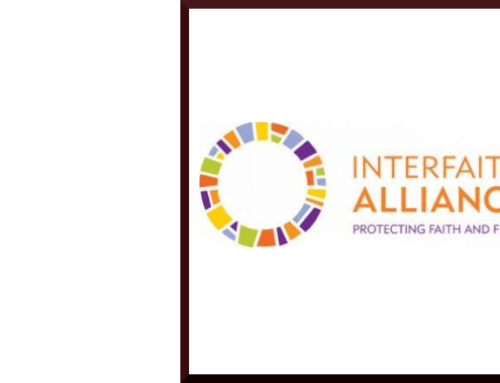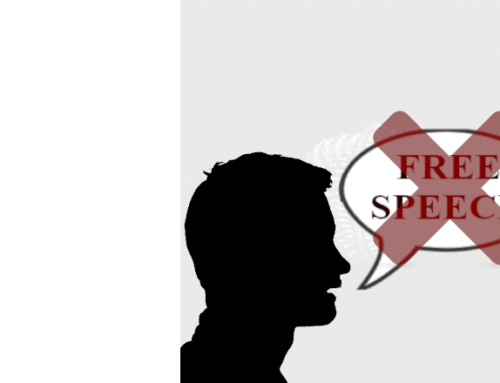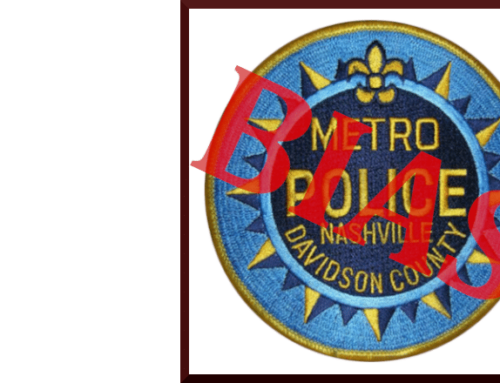The Foundation for Individual Rights and Expression (FIRE) has published the results of a comprehensive survey of over 37,000 students at over 150 colleges and universities; the survey was taken in 2021. [The 2022-2023 survey results were subsequently released.]
The subject of the survey is the extent to which freedom of speech is honored on college campuses. The findings are not sanguine, and this is particularly true of Jesuit-run schools.
The overall state of free speech on campus is not good. Here are a few examples found in the survey.
- More than 80% of students reported self-censoring their viewpoints at their colleges at least some of the time.
- More than 50% of students identified racial inequality as a difficult topic to discuss on their campus.
- Two-thirds of students (66%) say it is acceptable to shout down a speaker to prevent them from speaking on campus.
- Almost one in four (23%) say it is acceptable to use violence to stop campus speech.
As I’ve long said, there is more free speech allowed at your local pub than there is at your local college campus. This proves it. Moreover, whatever happened to the “peace loving” reputation of college kids—almost one in four say it’s okay to violently attack someone who says something disagreeable.
Marxism in practice, of course, has a long trail of bloodshed, and it is Marxism, in its cultural iteration, that is popular on college campuses these days. It’s not hard to connect the dots.
Of the 154 colleges listed in FIRE’s 2021 Campus Free Speech Rankings, the five schools with the best free speech rating, are, from top to bottom:
Claremont McKenna
University of Chicago
University of New Hampshire
Emory University
Florida State University
The five worst, beginning with the worst, are:
DePauw University
Marquette University
Louisiana State University
Boston College
Rensselaer Polytechnic Institute
FIRE awarded Rensselear Polytechnic its lifetime censorship award.
It may surprise some to learn that sixteen of the twenty schools that scored the lowest are private institutions, while sixteen of the twenty highest free speech institutions are public institutions.
Some other surprises include schools like the University of Mississippi weighing in at #11, while Harvard was near the bottom at #130; Princeton was #135.
Most people would expect the results to be the opposite, given the prestige of Harvard and Princeton. Maybe the Ivies would benefit by hiring faculty such as University of Mississippi law professor Ronald Rychlak (he is a member of our board of advisors): he co-founded and chaired The Declaration of Independence Center for Study of American Freedom at Ole Miss. Maybe they can hire him so he can “reeducate” the professoriate.
Regarding Catholic institutions, none were in the top twenty. In fact, none were in the top one hundred. But there were three among the worst: Fordham was tenth from the bottom (#145); Boston College was fourth from the bottom (#151) and Marquette was second to last (#153). All three are Jesuit-run institutions.
While Fordham is a disgrace, it is clear from reading the report that Boston College and Marquette are much worse. Free speech is so under fire at Marquette that the FIRE gave it special mention.
“For two years running—in 2015 and 2016 (for the years 2014 and 2015)—FIRE named Marquette one of the ten worst colleges for free speech because of its attempts to revoke the tenure of Professor John McAdams and then terminate him. It took more than three years, but McAdams ultimately won his lawsuit against the university and was reinstated to his faculty position in the fall of 2018.”
What did McAdams do that made a faculty panel recommend sanctions against him? He complained when a graduate instructor tried to muzzle the free speech of a conservative student. In November 2014, McAdams criticized Cheryl Abbate for telling a student she would no longer tolerate his position objecting to gay marriage in her ethics class. McAdams was subsequently fired. He sued.
In July 2018, Marquette said it would comply with a court order from the Wisconsin Supreme Court to reinstate McAdams. Abbate was not just a graduate student—she was paid as an instructor by the university.
It was the free speech of McAdams that was endangered, not Abbate’s. Indeed, she was the one who was guilty of stifling free speech, and by a student who defended the Church’s teachings on marriage at a supposedly Catholic university!
Previously, in 2014, the Catholic League criticized Marquette for telling employees at an “anti-harassment” training presentation that merely voicing objections to gay marriage may be considered discriminatory; they were urged to report such offenses. At that time, I raised the following question. “Would they bring the pope up on charges following a speech on marriage?”
What’s going on at these Jesuit schools? Why are they breeding such intolerance? The time has come for those who run Fordham, Boston College and Marquette to have a campus-wide forum on the root causes of Jesuit intolerance for freedom of speech.


